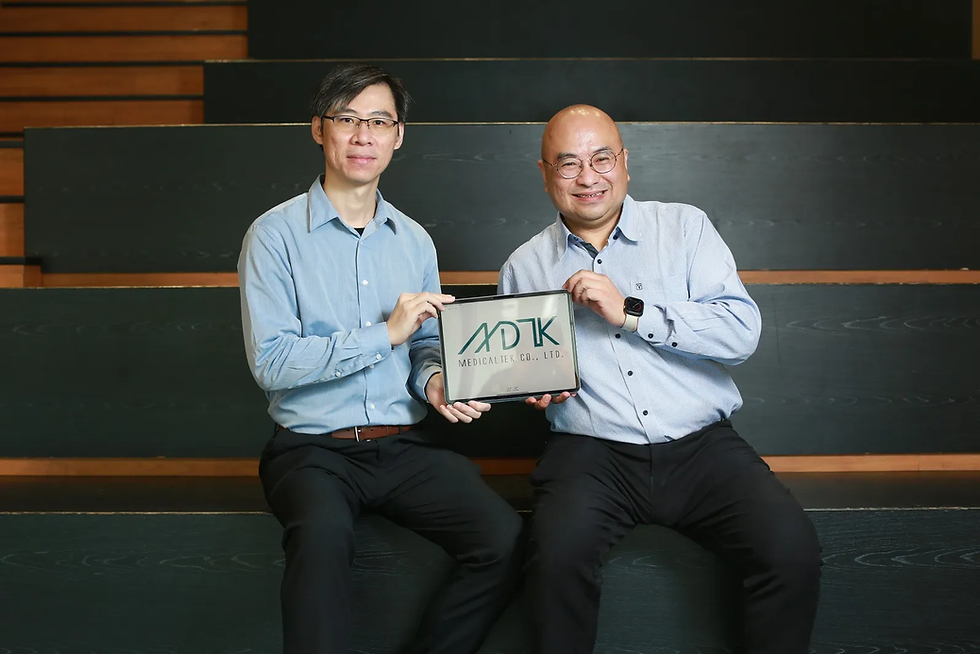Aimed at IPO, Taiwanese medical startup Neurobit Technology closed Angel Round and collaborates with
- BE Health

- Aug 3, 2021
- 2 min read
Updated: May 15, 2023
Medical artificial intelligence startup Neurobit Technology announced its completion of the Angel Round. Since the seed round, Neurobit has secured over USD$1.1 million investment. The investment would help them accelerate the expansion of the US and European markets and hire more talents.

According to the estimation of various research institutions, the market size of diagnosing dizziness is around USD$2 billion and USD$1.2 billion in the US and Europe, respectively. With more than 10 million outpatient visits in the US alone, the dizziness healthcare market is quite huge.
Established in 2016, Neurobit technology focused on developing Al-assisted decision-making system for high-risk neurological disorders.
Traditionally, diagnosing the cause of dizziness was quite difficult because of the non-specific symptoms and the lack of quantitative and qualitative assessment tools available for physicians.
To help physicians identify dizzy patients for stroke in EDs and inward observation, they developed the NeuroSpeed System. “Based on the principle of neurological examination, the NeuroSpeed System is capable of dynamic eye imaging analysis powered by artificial intelligence," said Travis Yang, Co-founder and CEO of Neurobit Technology.

Moreover, the system is portable, easy to operate, and has automatic interpretation with quick analysis providing comprehensive decision support for physicians in diagnosing patients with headache, dizziness, vertigo, and other potentially serious brain diseases. The product has already received positive feedback from worldwide physicians.
“The clinical verification in Taipei Medical University-Shuang Ho Hospital shows that the classification for central nervous system disorders and other vestibular system diseases has excellent specificity of more than 90%, ” said Travis.
Furthermore, with the joint cooperation of Shuang-Ho Hospital, Neurobit has received a large amount of data to improve the accuracy of its solution.
“Neurobit is expected to be a pioneer in dynamic eye imaging for screening of stroke and other brain diseases,” said Travis.
The system has been clinically validated and is considered the only medical-grade artificial intelligence solution for diagnosing dizziness in the world.
Arthur Chen, the managing partner of BE Health Ventures, believes that NeuroSpeed could have lots of potential applications. “In addition to emergency and in-clinic screening, NeuroSpeed can be applied to ambulances or remote medical stations for screening before the use of neuroimaging tools such as magnetic resonance imaging, allowing patients with potential high-risk neurological disorders to receive immediate and proper follow-up medical care and reducing delays in treatment.”

To actively expand its international footprint, Neurobit has teamed up with Hague Medical Center and received the national grants of ZonMw. They would conduct massive clinical trials in 12 hospitals in the Netherlands.
The company will use the new funds to further expand the global reach and technical capabilities of the NeuroSpeed System for FDA and TFDA clearance. “In the early stage of its establishment, Neurobit aimed at IPO and set up a comprehensive financial accounting and internal control system to strengthen its management system,” said Roger Chen, Co-founder and COO of Neurobit Technology.



Comments